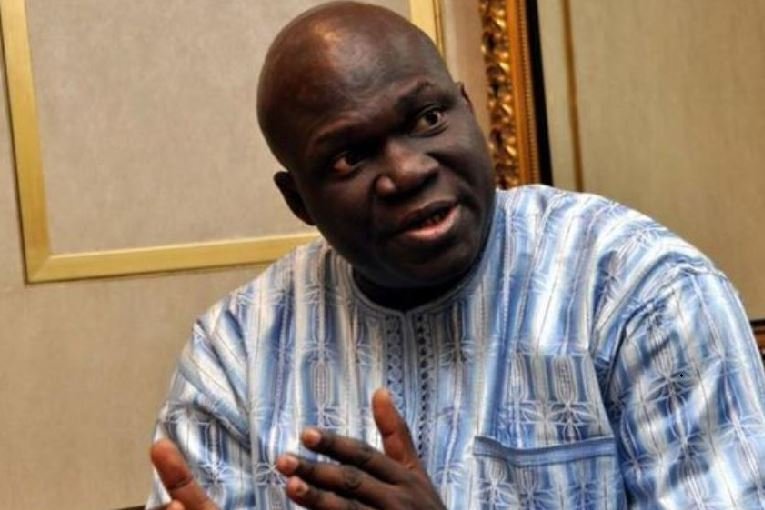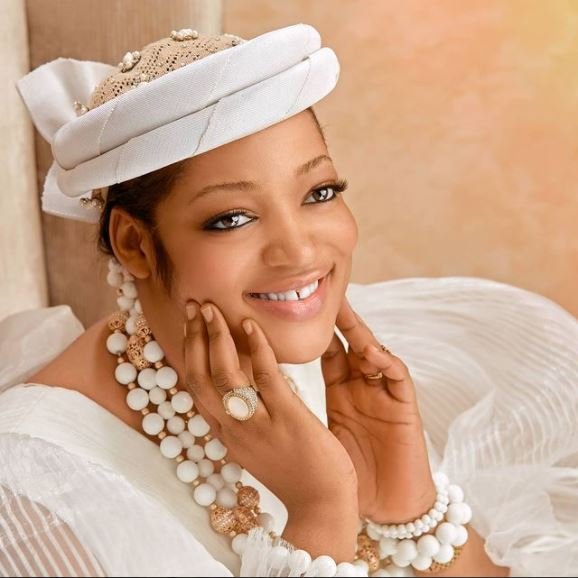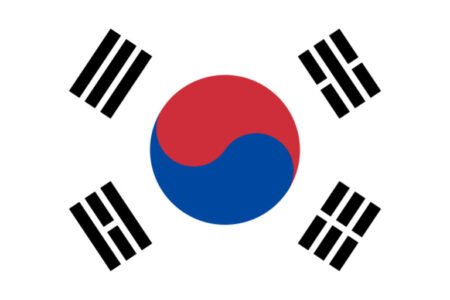By Livinus Acholonu
Sad to see Dr. Reuben Abati, the former presidential spokesperson, a man I consider gifted, reduced to a figure of fun and exposed to torrents of social media attacks over his recent article, Television as Madness.
Abati’s attackers have been so vicious that some of the things written about him, in adherence to community standards, are better left out.
The article reviewed the just concluded Big Brother Naija (BBNaija) reality show, produced by MultiChoice.
While the former presidential aide admitted the show producers got many things right, he devoted a large of his article to savaging the MultiChoice, sponsors and partners, a female housemate (as the participants/contestants are called) and the show itself, an undertaken that invited the cocktail of derision and near-prehistoric savagery from fans of the clearly very successful show.
MultiChoice, Payporte (headline sponsors of BBNaija) and other partners, griped Abati, “made crazy money and got brand promotion of the back of the sweat of Nigerians”.
This, for reasons of civility, will be described as nationalistic nonsense. Did they invest “crazy money” (to borrow Abati’s phrase) to keep Nigerians entertained for the duration of the show?
I would think that it is uncomplicated to figure that if you invest crazy money in a commodity from which the consumers think commensurate value is derivable, you should be entitled to insane dividends.
Brand promotion? The same applies-for the simple reason that sponsorship is not charity. As for voting, which the show relied upon for eviction of housemates, much of this was done online, not with airtime.
Abati whined that Nigerians got peanuts in return because the show was not staged here, blaming the government for not insisting on it.
He cited the problem of power supply as the reason given by producers of the show. That was one reason (genuine, at that), not the only reason.
MultiChoice had explained before the show that it has a purpose-built facility in South Africa where it had always staged its Big Brother Africa series, the reason for which it was financially unsound to invest in another facility, especially in these days of cost-cutting.
Financial arguments, however sound or plausible, never sit well with those in the grip of rabid patriotism. An extravagant claim, for which Abati supplied no evidence, was “all the staff, who worked on the programme with extremely marginal exception, were South Africans”.
Like Abati, I was not in the BBN House, so I would not know-for a fact-the percentage of Nigerians involved in the show. What I know was that Nigerians produced the overwhelming majority of artistes and entertainment personalities invited to feature on the show.
Let us even take it that he is right. The AfricaMagic Viewers’ Choice Awards, organised by the same MultiChoice, have been held in Nigeria since inception.
GOtv Boxing Night, which has revived boxing in the country, is only held in Nigeria. MultiChoice operates in 47 African countries. Should that count for something? I think so.
His guff-hawking continued with the suggestion that BBNaija is something that should never happen again in the form we saw it because the show, which he likened to mass hypnotism, exploited the public need for distraction.
In that case, we should start an agitation against the live broadcast of English Premier Leagues games in the country. They are too much of an anaesthesia.
“If MultiChoice, as a corporate investor, wants to make a contribution to Nigeria, it must find ways of doing so in more meaningful forms,” he wrote. Clearly, Abati does not hate reality shows.
He simply prefers, allegedly, those that promote talent, music, human capability and genius, enhanced relationships and intellect. All well and good. Others have different tastes and prefer different routes to celebrity-dom.
Television as Madness won Abati applause among those who believe that BBNaija was immoral. The former presidential spokesperson, an influential columnist, thus became the patron saint of BBNaijaphobes, the tribe of people ignorant of the fact that they were under no obligation to watch, who also consider the parental control button on their remote control as purely decorative.
BBNaijaphobes were taking moral lessons from a man not qualified to teach such. TBOSS, one of the last housemates, was rounded on by Abati for displaying her breasts on live television. That is fine if you have the constitution of a priest.
“I have seen better breasts, TBOSS,” Abati wrote in the article, just stopping short of saying the housemate’s fun bags may have seen too much action, the reason they can licitly be described as “fallen heroes”.
I take it that Abati’s knowledge of breasts-including the assumption that his mammary preference is universal -must have been acquired during tete-a-tetes with Playboy’s Hugh Hefner or in a mammography unit of a cancer centre.
Abati even knows the preference of private jet owners at whom TBOSS admitted she was aiming her assets.
“If the same men see bigger assets, I mean those interesting Orjiakor-like ones that look like papayas, pineapples and watermelons, they will not send private jets. They will send submarines and fighter jets,” Abati wrote sagely.
Bizarrely, and in a show of approximately 0.00 per cent self-awareness, Abati felt he is qualified to talk about morality. Thankfully, the last sentence of his article showed him up as a con. “Congratulations, Efe (eventual winner of the show); the grace of God is forever sufficient, but sorry Nigeria,” he wrote.
I would rather take lessons in sexual chastity from Fela Anikulapo-Kuti than listen to Dr. Abati talk about sexual morality. This, I need to add, is not because I have seen his face in an adult movie. The man gleefully recommending Cossy’s “nuclear warheads” to private jet owners, as against TBOSS’ marble-sized nuts, was claiming familiarity with the grace of God? Come on!
What Abati, a man of immense wit and knowledge, demonstrated is that being the smartest or having the highest intelligence quotient does not guarantee an awareness of one’s own obnoxiousness.
Nobody advertising himself as inhabiting a moral space on a matter such as this, as Abati did, should fail to understand that sexual objectification is an obnoxious trait. Curiously, he proudly advertised himself as a maestro.
Yet, he had the cheek to rail against the show for its “promotion of base values, chiefly adultery, prostitution, love of money, nudity and sex”.
For one, I did not see prostitution on BBNaija, as no transactional sexual activity was reported throughout the duration. Love of money? Those milking the country, with whom Abati spent some years, did not watch BBNaija.
Neither did kidnappers, ritualists et al. Promotion of adultery? I fail to see how the show promoted adultery. A married male housemate lied about his status to a female housemate to get things going and Abati is heaping the blame on the show, as though it made special television commercials recommending such conduct to people.
Many of the housemates claimed to have one education qualification or the other. Should one of them be found to have lied, Abati, most likely, will accuse the show of creating Dino Melaye 2.0.
I consider Dr. Abati’s article an expression of his dislike for modern pop culture. He has form in this regard.
In a scathing 2009 article, he dismissed modern Nigerian music as meaningless and devoid of morality, saying the country’s musical output, based on its perceived hollowness, will not be remembered in years to come.
I suspect that Malawians, Ugandans, Kenyans, Tanzanians and citizens of other African countries, where Nigerian music is currently the rage, will disagree.
Acholonu, a public affairs analyst, lives in Abuja











